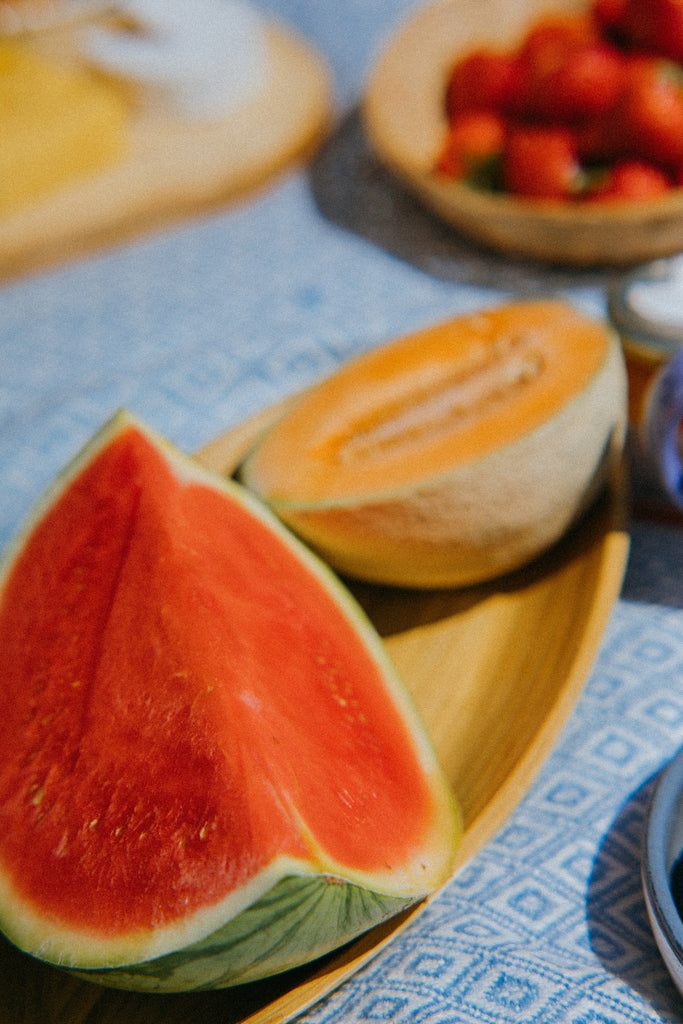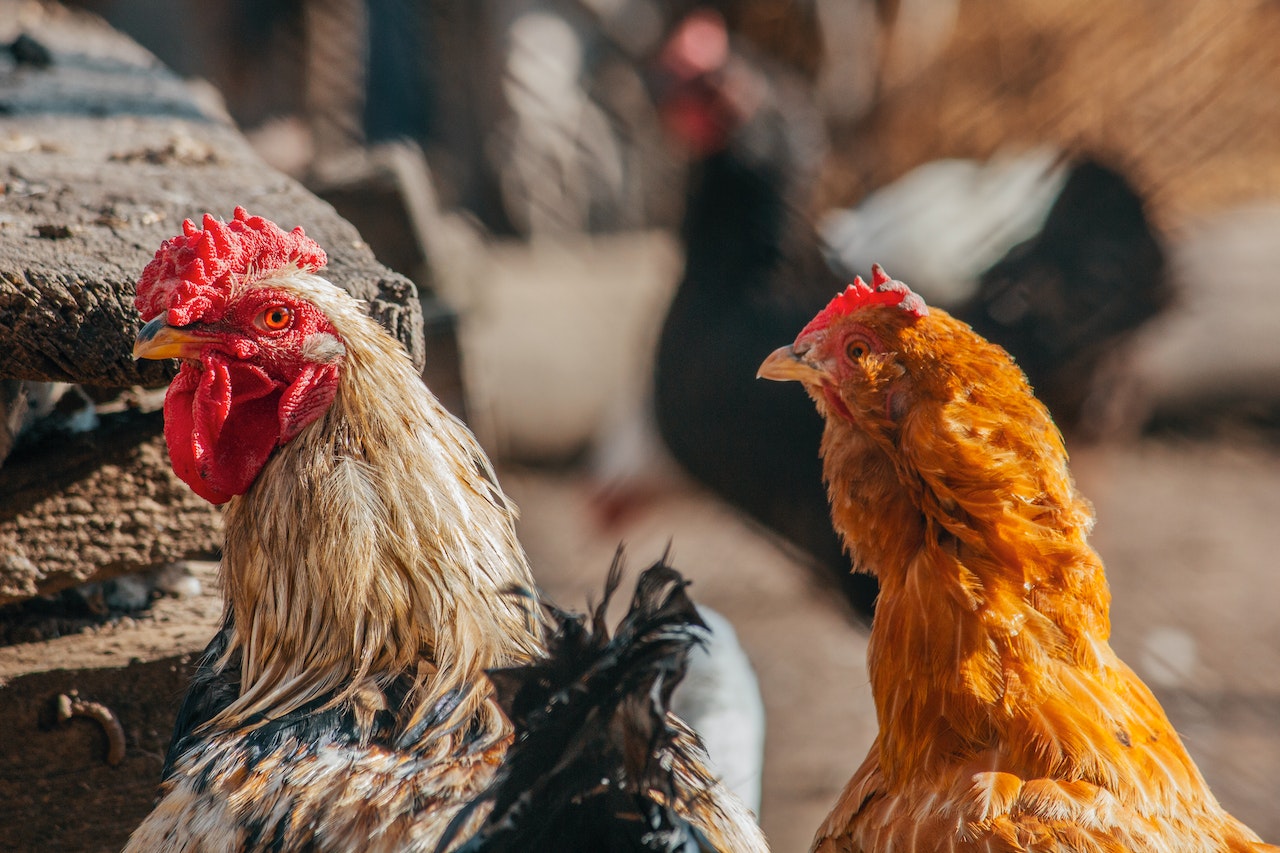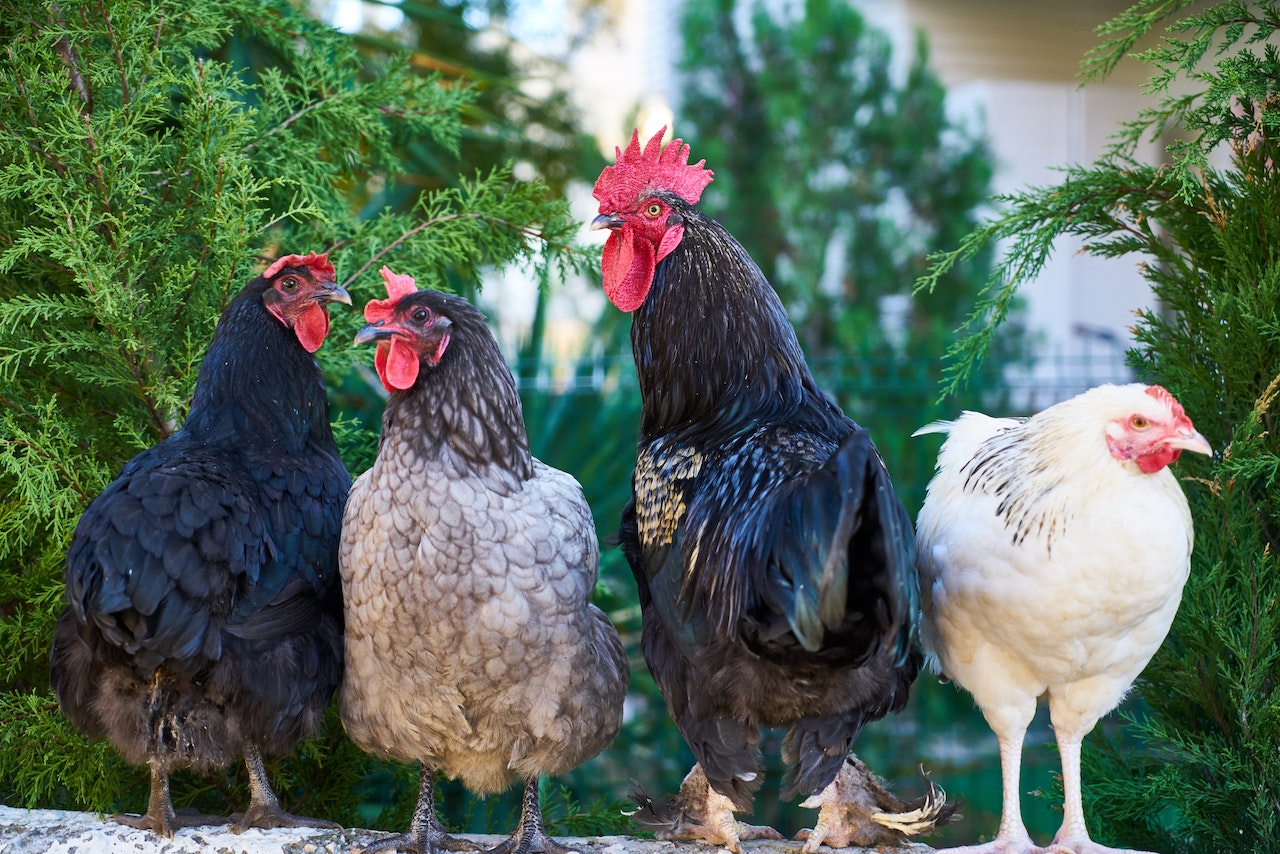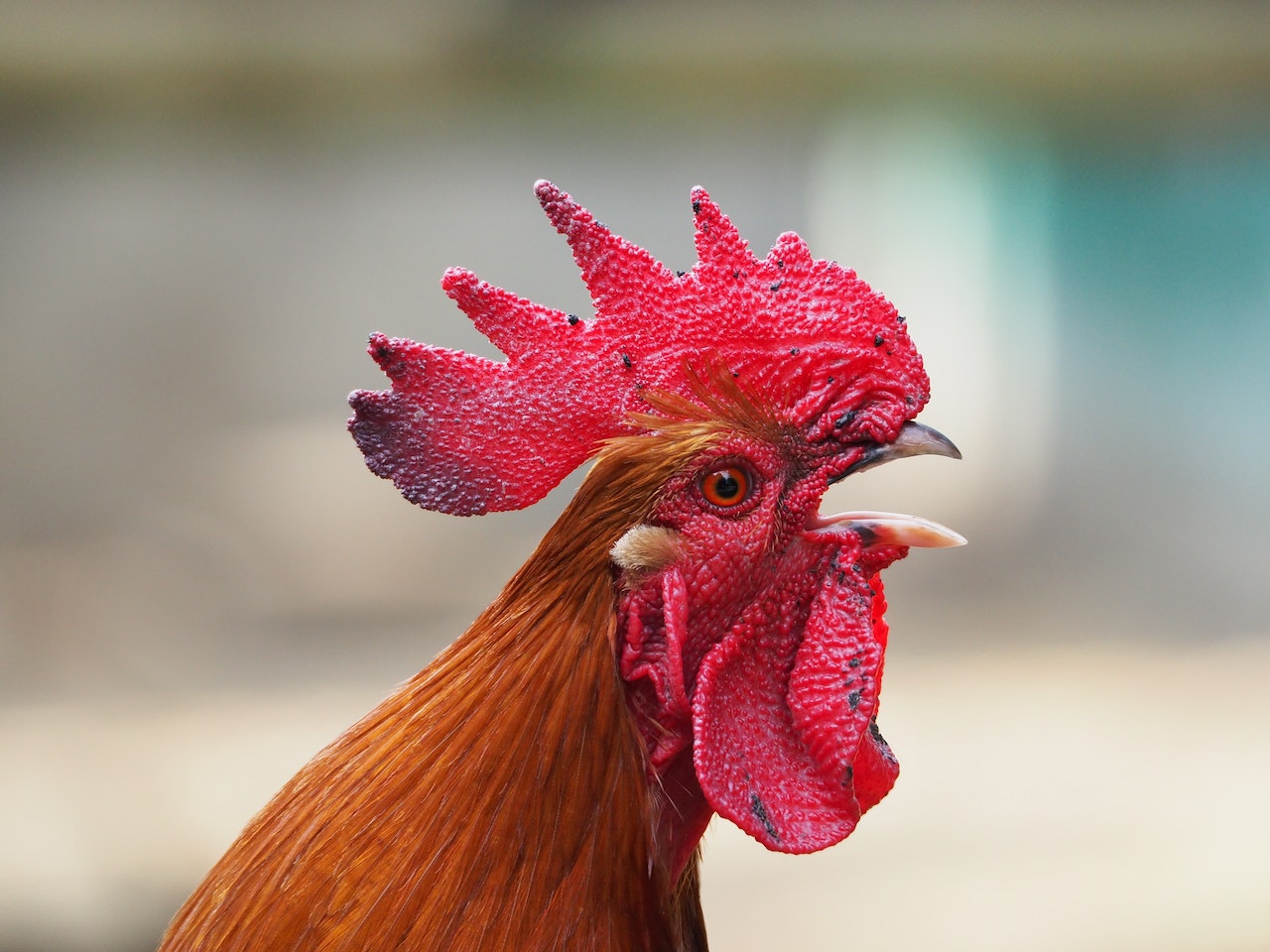
One benefit of chickens is that they may consume a variety of things. They'll consume various kinds of grains, fruits, and vegetables. This has the benefit that it is never difficult to find a treat for your chickens. Can hens consume melons?
Can chickens eat melon? Yes. Chickens can eat melon. They love it! By slicing the melon open, you may give it right to them, where they can gorge themselves. Or you can dress up. One of my favorite summertime treats for my flock is cooling watermelon soup with mint. Chickens enjoy canteloupe, cucumbers, honeydew melons, and watermelons.
While a lot of chicken keepers worry about their birds becoming too cold in the winter, they should instead be worried about their chickens getting too hot in the summer.
Humans perspire more than chickens do. They disperse heat from their bodies mostly through their combs and skin.

Nutritional Benefits
What nutrients do melons contain, and how may they benefit your chickens? You can find the following nutrients in melons:
- Beta Carotene
The benefits of beta carotene for chicken are numerous. One example is how it affects the hue of the eggs, feathers, skin, beak, and comb.
Additionally, beta-carotene could keep your chicken healthy. As an antioxidant, it can aid in lowering chickens' oxidative stress. In addition to the aforementioned uses, beta carotene in chickens is converted to vitamin A. Let's now examine how vitamin A benefits chickens.
- Vitamin A
The health of chickens' eyes, skin, respiratory system, and digestive system is ensured by vitamin A. Your chickens are more susceptible to illnesses like roup and conjunctivitis if they don't get enough vitamin A.
- Vitamin C
Your chickens will typically produce enough vitamin C on their own under normal conditions. However, a supplement of vitamin C from an external source will be beneficial if your chickens are under a lot of stress.
- Folate
Compared to most farm animals, chickens are more likely to experience a folate shortage. Folate is important for healthy blood formation. Additionally, it affects the size of the chickens and the growth of healthy feathers.
Your chickens will seem anemic, stunted, and unattractive if they don't get enough folate. Although not the primary dietary source of folate, melons are nonetheless helpful.
- Fiber
In chickens, fibers perform their usual functions. They help the chickens' gastrointestinal health. They might also provide energy and aid in the development of the hens.
- Potassium
Your chicken will be less affected by high temperatures thanks to potassium. Maintaining electrolyte balance in your hens requires potassium. Potassium helps chickens drink more water, which is beneficial when the temperature outside is too high.
- Calcium
One of the most crucial elements for chickens is calcium. It is necessary for your chicken to build strong bones. Additionally, it is essential for the development of robust and color-coordinated eggshells.
Which Melon Parts Are Safe for Chickens to Eat
Most of a cantaloupe's sections are edible to chickens. Naturally, though, not all of the components taste or give the same things. Let's examine what each component they consume has to provide.
- The Melon's Flesh
It is not surprise that hens adore cantaloupe because the flesh is the best portion of the fruit. Additionally, it is the cantaloupe's juiciest component. Because of the high water content in the flesh, it is a fantastic chicken treat in hot weather.
- The Seeds
Melon seeds are readily eaten by chickens. They are suited to the digestion of entire seeds since they have gizzards in their stomach. But in addition to giving your chickens whole melon seeds, you may also dry the seeds and grind them first.
- The Rind
The rind is safe for chickens to eat, but it is not even close to as appetizing as the flesh. Chickens often eat the inner rind in modest amounts while avoiding the outer rind. It is not unexpected that they shun the outer rind because it can be difficult for them to peck at.

Can Chickens Eat Unripe Melon?
One of the few animals that can consume melons is a chicken, however they can only eat the unripe fruit because the ripe ones have too much beta-carotene and lycopene for most animals to digest.
Can Chickens Eat Spoiled Or Rotten Melons?
No rotten or spoilt melons should be given to chickens. If you feed chickens spoiled or rotten foods, such as rotten melon, their health may suffer greatly. Bacteria found in rotten honeydew have the potential to eventually make your chickens unwell.
It is useless to provide rotten melon to hens since they won't receive any significant nutritional value from consuming damaged honeydew because rotting also removes the vital components in honeydew.
The best melon for chickens is fresh because it doesn't contain any contaminants that could impair their health. Fresh melon also has a ton of minerals and nutrients that can eventually help your chickens.
How Frequently May Chickens Consume Melon?
The heat of the season makes chickens more thirsty since sweat evaporates from their feathers more quickly than usual, which quickly dehydrates them; One single melon can sustain eight to ten birds for a day by delivering enough liquid to keep other internal organs hydrated and to reduce any irritation
In the summer, chickens need a lot of water, so make sure to give them fresh, juicy fruit because it's good for their health.
The Best Way to Feed Melon to Chickens
You may feed your hens melons in a few different ways. One method is to cut the entire cantaloupe into eighths, half, or quarters.
Let the chickens try their hand at the divide portions by setting them in front of them. You can also cut the cantaloupe into little cubes rather than letting them eat these bigger pieces.
The seeds or rind can also be dried and fed to the chickens as a second alternative. The dry seeds can also be ground up and combined with other delights, such yogurt.
Additionally, you can add little melon slices to the birds' regular diet. This can increase their desire to consume the feeds.
Conclusion
The flesh, seeds, and rind of a melon are generally safe for chickens to consume. Chickens enjoy melon. They can nibble on the rind and eat the flesh and seeds. Just be careful not to risk giving them too much because that could cause diarrhea.



